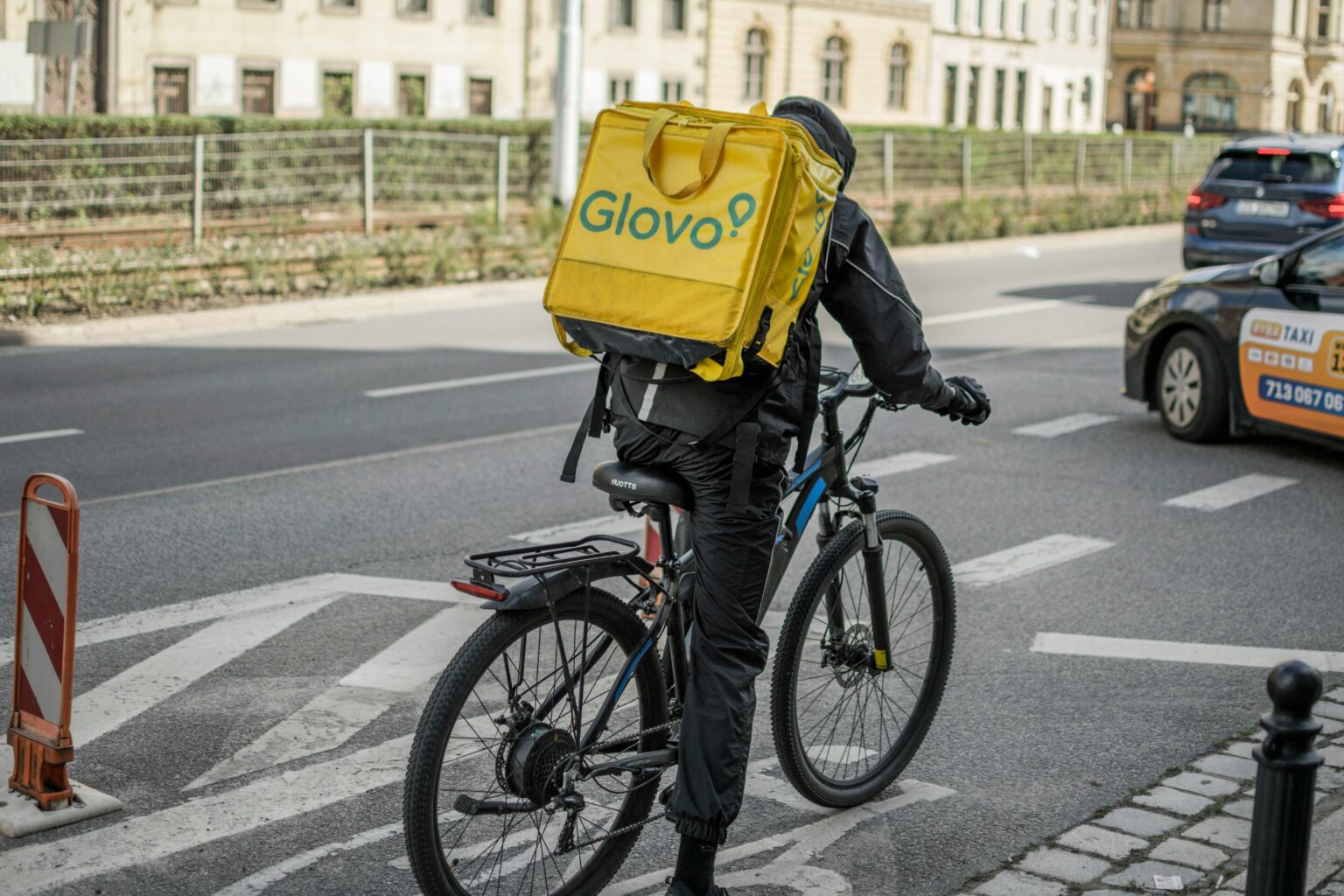Chile’s National Economic Prosecutor’s Office (FNE) has filed a formal complaint with the Tribunal for the Defense of Free Competition (TDLC) against delivery platforms Delivery Hero, parent company of Pedidos Ya, and Glovo, accusing them of engaging in an international market-sharing agreement that led to Glovo’s abrupt exit from the Chilean market in 2019.
In its filing, the FNE requested that the TDLC impose a fiscal fine totaling more than US$74 million, with US$55 million corresponding to Delivery Hero and US$19 million to Glovo.
The proposed penalties take into account the severity of the alleged collusion, the economic capacity of the companies involved, and the need for a strong deterrent effect.
The FNE’s investigation concluded that the two companies implemented their agreement through the simultaneous signing of four asset transfer contracts on April 26, 2019.
As a result of these transactions, Glovo exited the Chilean and Egyptian markets, while Delivery Hero withdrew from Peru and Ecuador.
Evidence obtained by the FNE includes internal email communications in which executives from both firms discussed modifying contractual terms to avoid triggering regulatory scrutiny by antitrust authorities in the affected jurisdictions.
The pact, codenamed “Project Green” by the companies, included non-compete clauses that barred each party from re-entering the markets they had ceded for a period of three years.
According to the FNE, these clauses were central to maintaining the effectiveness of the market division over time.
National Economic Prosecutor Jorge Grunberg stated that “Delivery Hero and Glovo engaged in an international agreement to divide markets, effectively ceasing competition between them in Chile”.
He emphasized that Glovo’s departure occurred during the early stages of the COVID-19 pandemic, when mobility restrictions increased the importance of delivery services for consumers and businesses alike.
Grunberg noted that Glovo’s exit reduced competitive pressure in a market that at the time was served by four key players — Pedidos Ya, Glovo, Uber Eats, and Rappi — and significantly limited consumer choice, particularly in courier services, which had been a distinctive feature of Glovo’s business model.
He also reaffirmed the FNE’s commitment to monitoring digital markets, describing them as a growing pillar of economic activity and a sector with direct and increasing impact on consumers.
“For the FNE, the oversight of digital markets is a top priority. We will continue to defend competition in these spaces to safeguard the innovation and dynamism that define them,” Grunberg said.
According to public data cited in the complaint, the food and goods delivery sector has undergone explosive growth in recent years, with annual revenues increasing from approximately US$210 million in 2018 to US$800 million in 2023.
This case forms part of a broader effort by the FNE to address competition risks in digital markets, which remain at the core of the agency’s mandate to promote and protect free competition in Chile.
